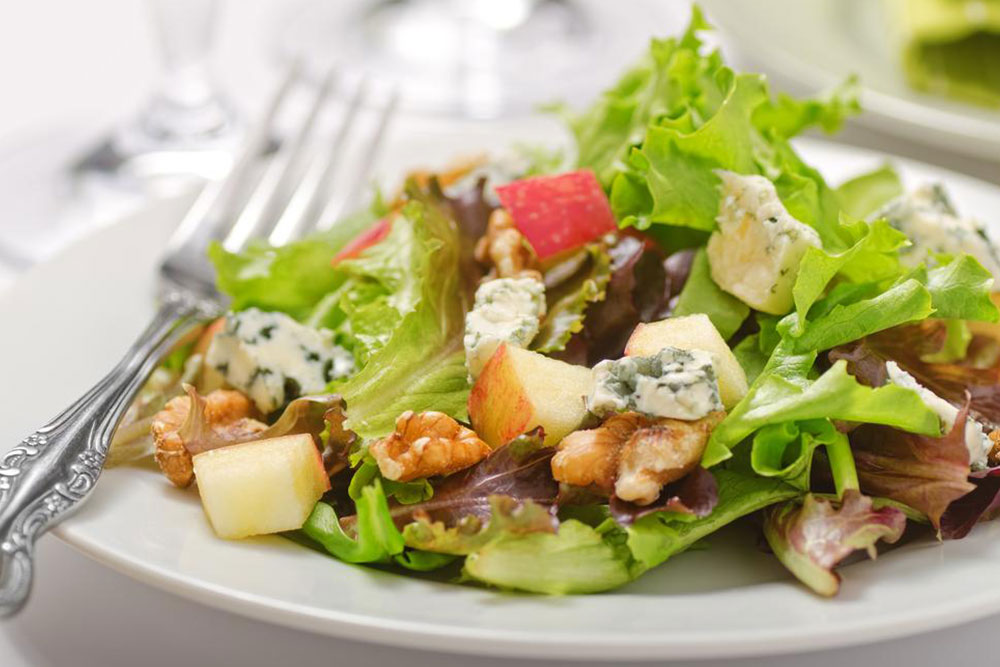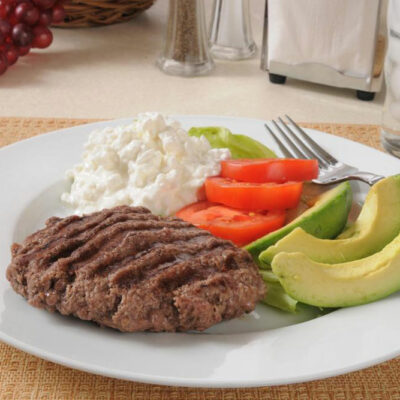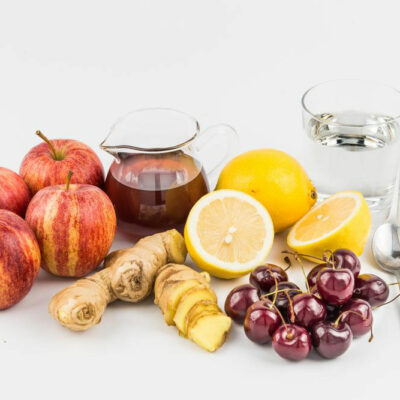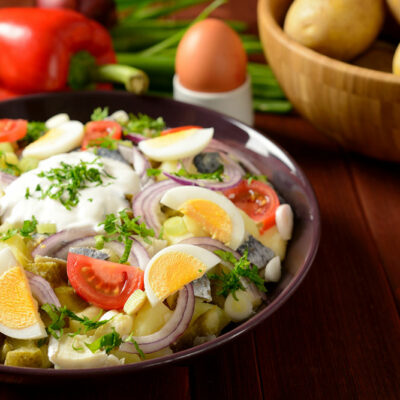Dishes to Include in Your Mediterranean Diet Meal Plan

The Mediterranean diet plan is basically based on the diet plan followed by the people of Greece and Italy in the 1960s. The diet primarily consists of food items predominantly eaten by natives from that region such as generous helpings of fruits, vegetables, pasta, and rice and a limited quantity of red meat. There are alleged reports that swear by this diet plan’s ability to help one reduce weight, prevent strokes, type 2 diabetes, premature death, and heart attacks. There is no such exact diet plan because around the Mediterranean Sea, there are many countries and the people of those countries have a diverse palate influenced by indigenous produce and their culture. In this article, you will get dishes and foods that you can include in your Mediterranean diet menu in order to make it healthier.
The basics of a Mediterranean diet
Here are some of the some of the basic foods that you should include in your Mediterranean diet menu:
- Foods you must eat regularly: Vegetables, legumes, bread, whole grains, extra virgin olive oil, fruits & nuts, fish and seafood, seeds, herbs, and spices
- Foods to eat in moderation: Eggs, cheese, poultry, and yogurt.
- Foods to eat rarely: Red Meat
- Foods to be avoided: Sugary dishes, added sugars, refined grains, processed meat, and refined oils
Food items you need to abstain from while on the diet:
These are some of the unhealthy foods that you should not have in your Mediterranean diet menu:
- Added sugar: Candies, soda, ice cream, and other related sugary foods
- Refined grains: Pasta prepared with refined wheat and white bread
- Refined oils: Canola oil, soybean oil, and cottonseed oil
- Trans fats: Margarine and other processed foods
- Processed meats: Sausages and hot dogs, among others
Food items that should be included in the Mediterranean diet:
There is no exact definition of what a Mediterranean diet comprises since the region is made up of different countries that have varying culinary preferences. One thing that most people can agree on though, is that the diet is undoubtedly healthy and leads to the people having fewer health issues than those consuming a diametric one. The diet focuses on eating lesser red meat and instead stresses mainly on fresh fruits and vegetables. It is also highly recommended to include fish and seafood twice a day in your diet plan. The following are some of the foods that should be included in your Mediterranean diet menu:
- Vegetables: Tomatoes, kale, broccoli, onions, spinach, carrots, and peaches.
- Fruits: Bananas, apples, oranges, strawberries, pears, dates, grapes, melons, and figs.
- Legumes: Beans, lentils, peas, peanuts, pulses, and chickpeas.
- Nuts and seeds: Walnuts, almonds, macadamia nuts, cashews, and hazelnuts
- Tubers: Sweet potatoes, potatoes, yams, and turnips.
- Whole grains: Brown rice, barley, oatmeal, corn, buckwheat, and whole grain bread.
- Seafood and fish: Sardines, salmons, trout, mackerel, tuna, shrimp, clams, oyster, and crab.
- Poultry: Duck, chicken, and turkey.
- Eggs: Quail, duck, and chicken.
- Dairy: Yogurt, cheese, and Greek yogurt.
- Herbs and spices: Garlic, mint, basil, rosemary, nutmeg, sage, pepper, and cinnamon.
- Healthy fats: Olives, extra virgin olive oil, avocado oil, and avocado
Things you can drink while on a Mediterranean diet:
Water is the best beverage to accompany a Mediterranean diet.Also, you can choose to have one glass of red wine per day. You should remember that the consumption of red wine is absolutely optional and those who prefer eschewing any kind of spirit or are not very confident in their ability to stick to just one glass can forego it completely. Tea and coffee are some of the beverages that are completely acceptable in a Mediterranean diet menu. When you are taking tea or coffee make sure that you avoid taking too much sugar. Also, steer clear from beverages and juices with added sugar, or packed fruit juices since they are incredibly high in sugar content.
Below is an example of a basic Mediterranean diet chart for one week but keep in mind that this is in no way a chart to be followed without first consulting a dietician or nutritionist because every body has different nutrient requirements and not fulfilling those can lead to grave results.
Monday
- Breakfast: Strawberries and oats with Greek yoghurt
- Lunch: Any form of pasta
- Dinner: Boiled salmon, brown rice, and vegetables
Tuesday
- Breakfast: Oatmeal
- Lunch: Tuna salad
- Dinner: Salad made with tomato, feta cheese, and olive
Wednesday
- Breakfast: Omelette with vegetables and one fruit
- Lunch: A whole grain sandwich made with vegetables and cheese
- Dinner: Lasagne
Thursday
- Breakfast: Sliced fruits with yogurt
- Lunch: Lasagne
- Dinner: Boiled salmon, brown rice, and vegetables
Friday
- Breakfast: Omelette with vegetables, fried in olive oil
- Lunch: Strawberries and oats with Greek yogurt
- Dinner: Salad with grilled lamb and baked potato
Saturday
- Breakfast: Oatmeal
- Lunch: Sandwich with vegetables and cheese
- Dinner: Whole wheat pizza with cheese, vegetables, and olive toppings
Sunday
- Breakfast: Omelette with vegetables and olives
- Lunch: Whole wheat pizza with cheese, vegetables, and olive toppings
- Dinner: Vegetable salad with potato and grilled chicken. You can have fruits for dessert as well.
Snack items to have in between meals
- Greek yoghurt
- Nuts
- Fruit
- Carrots
- Grapes
- Apples
This is a sample list of what a typical Mediterranean diet looks like, but consulting a proper dietician can help you adjust it according to your needs.








